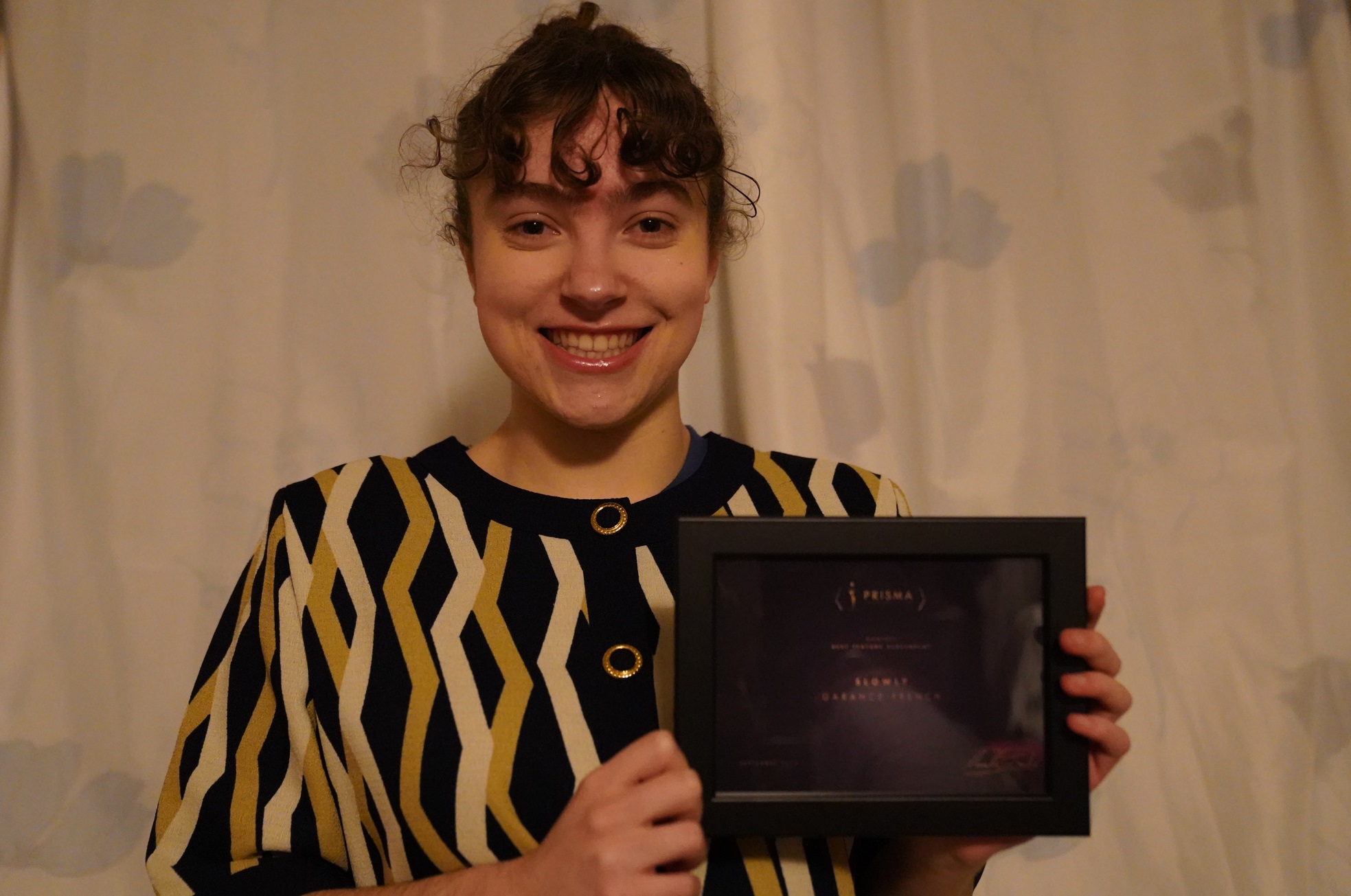
Check out the full interview with Garance below...
I started to write screenplays when I was 17 and in my first year of college. I was studying performing arts and had loved cinema since I was a child. After a trip to Rome and a visit to Cinecittà, I decided to study cinema and I have never felt more in my element! So I gave screenwriting a try. It wasn’t very good at first but I got better and better with time as I kept practicing.
I have recently been writing a “whodunit” and it has been pretty difficult to find a good structure that is also original. Because cinema has existed for over a century, you always feel like everything has already been done. So you have to be very aware of what has been done (in both cinema and literature for my example) so that you can find what hasn’t been done, if there is, how to put your own twist on it. The key to overcoming these challenges, in my opinion, is to stay true to yourself and keep writing what you want to write.
I think the most important element of a screenplay is creativity. It’s as important in the structure but also in the dialogue or in the characters. You should always try to convey an element of surprise in any way possible because that is what will make people remember your movie.
The current state of the film industry leaves me divided: there are so many opportunities and talents out there but at the same time, it is very difficult to get started.
I think, in any case, you should research your subject. The more you know, the more you will be able to play with it. This goes for every genre. When it comes to audiences, it’s basically the same thing. With the knowledge of what they want, you will be able to aim at it and define the goals for your screenplay better.
It’s always nice to have feedback because I believe we can always do better. You should always, if you can, ask people who have experience and can give you advice. I also believe it’s good to have the opinions of people who are not professionals because they will tell you their honest thoughts without worrying about the codes or the structure. But most importantly, it’s what you think that matters.
I’m always working on something! I usually write feature screenplays but I want to focus on writing and directing short films. I have a couple of ideas that I hope I will be able to bring to life. This way, I can also gain experience before diving into bigger projects.
Sadly, screenwriters don’t get the recognition they deserve. They are often overlooked and underpaid and I hope that changes in the future, although this one might be a stretch.
Because I have been writing for so long, I found out something that really helps: you should never throw away anything. Whatever you write, keep it! It might come in handy in the future, even if you don’t see the use of it for the moment or if you think it’s bad. I’m gonna give you one example that happened to me. I often have ideas when I’m trying to sleep at night and I can get up in the middle of the night to write them down. One night, I wrote an entire dialogue out of nowhere. The next morning, as I was reading it, I thought “How can I use it?”. I didn’t find the answer until months later when I started writing a movie that I didn’t know how to start. So I put this dialogue in and used it to make a plot twist during the introduction of the characters. Another reason why you should keep everything is that you can also realize how much progress you have made.
Thank you for this inspiring interview and for taking the time to honestly answer all the questions. The BIA team wishes you great success with your next projects!